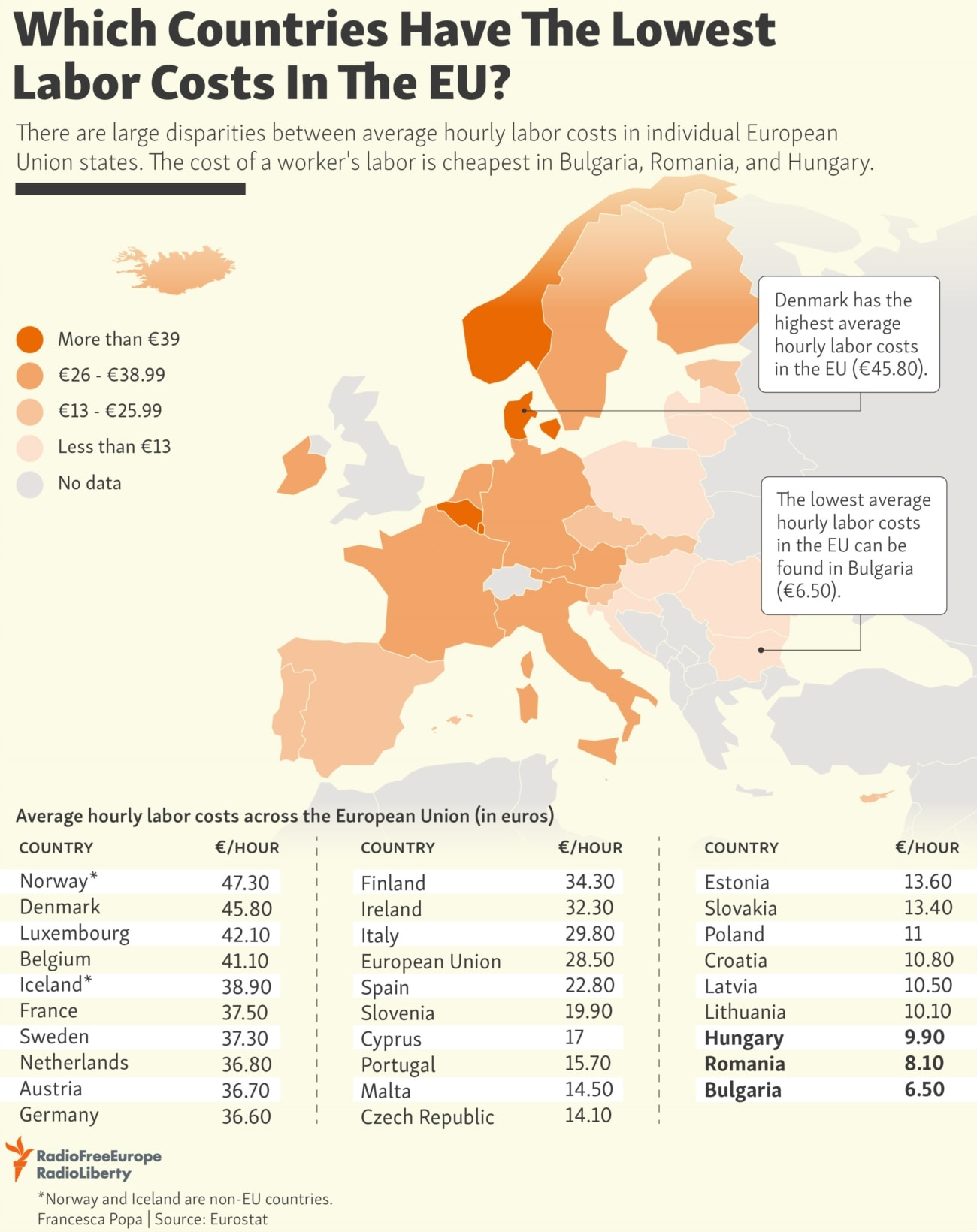Most of my adult life, from 24 to 48 years old, I lived in France. Still love the first country I immigrated to and where I raised my five children speaking French, the most beautiful language, all of us learning so much about the French culture, food, history, lifestyle and philosophy. The French are special in their own way, innovative, fragile, entitled and arrogant, yet so sensitive, charming and stylish, and I have gotten to love so many of them. And all of them agree with me: it is the worst country to invest in if you have any entrepreneurial ambition. I founded and ran a company in Germany from 2003 - 2007, and the next one in France from 2007 - 2014. While very successful, I quickly learned a lot of lessons, which apply unfortunately still today, as President Macron is going with his agenda into the third meeting with Elon since December 2022: convincing him to build the next Gigafactory in France.
If this is going to be a highly automated, non-labor-intensive Megapactory, be it, as France has one of the largest nuclear power programs in the world. Nuclear power plants in France generated 361 billion kWh of electricity in 2021, accounting for 68% of the country's annual electricity generation, the highest nuclear generation share in the world. This results in France's electricity being 41% cheaper for its citizens than what it costs in Germany.
But would it be a good idea to put a relatively labor-intensive car manufacturing plant in France? Can France really compete with other countries for Tesla’s car manufacturing business?
Here are some of the challenges that France faces in attracting manufacturing investments:
High Labor Costs: France is known for its strong labor unions and extensive worker protections, which can lead to higher labor costs compared to the vast majority of other countries. This makes it less attractive for companies seeking to minimize production costs. Spain’s hourly labor costs are 40% lower than France’s.
Complex Labor Regulations: France has a complex and burdensome labor regulatory framework. Strict employment laws make it very difficult and expensive to let go employees after two years of service, and also include rigid working hour regulations and increased administrative burdens for businesses. Exactly how Elon loves to run his companies, not.
Tax Burden: France has a relatively high corporate tax rate compared to some other countries. The tax system is very complex and bureaucratic.
Administrative Burdens: France has often been criticized for its bureaucracy and administrative red tape, which can slow down processes and increase costs for businesses. Cumbersome procedures for permits, licenses, and regulations are very discouraging for foreign investors, and are way more complex than in Germany.
Lack of Flexibility in Labor Market: The French labor market is perceived to be relatively inflexible, making it challenging for companies to adapt to changing market conditions or adjust production levels quickly. Strict regulations on hiring and firing employees can discourage foreign investment.
Social Unrest: France has a history of social unrest and frequent strikes, particularly in the manufacturing sector. This disrupts operations and creates uncertainty.
France also possesses several notable advantages, such as a robust research and development ecosystem and a highly skilled workforce. Despite these strengths, France has encountered difficulties in adapting to the increasingly competitive global landscape, as manufacturers now have numerous options worldwide.
Furthermore, there is an anecdote worth mentioning, which occurred shortly before our family's decision to immigrate to California. In 2012, a nationwide poll conducted by IPSOS surveyed individuals between the ages of 15 and 30 about their desired professions. The results indicated that 73% of respondents aspired to work as public servants. Strikingly, by the end of 2020, the total number of French adults employed in the public sector reached 5.66 million, constituting approximately 21% of the entire workforce. This figure represents a significant proportion—roughly one out of every five individuals in the workforce—highlighting the scale of the situation.
France’s ability to navigate the competitive global environment poses difficulties, given the numerous choices available to manufacturers worldwide. Additionally, the high number of individuals aspiring to work in the public sector, as evidenced by the IPSOS poll, indicates a notable reliance on government employment, which has implications for the overall economy and workforce dynamics. France may promise Tesla incentives for the initial investments, and once these vanish after a few years, the cruel reality sets in.
Given Elon’s entrepreneurial spirit and drive, and Tesla's reputation for innovation and efficiency, I would be highly surprised and somewhat disappointed if they decide to give France a chance for a labor-intensive Gigafactory.








Excellent article. Thanks for sharing your views!
Thank you for this Alexander, well written. As a professional international Executive Search person for the last 30 years, my experience has been the same as yours when comparing working conditions of various countries in Europe. In fact the only countries I would consider a search assignment for would be England and Germany.